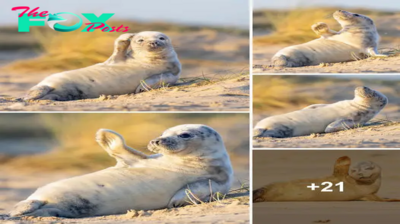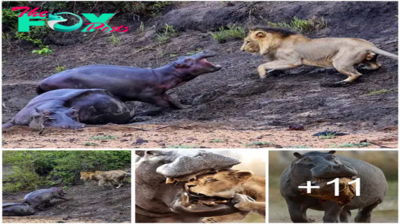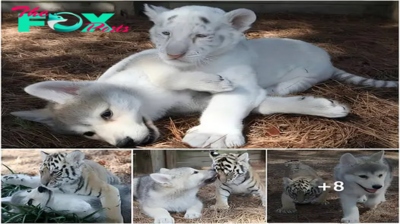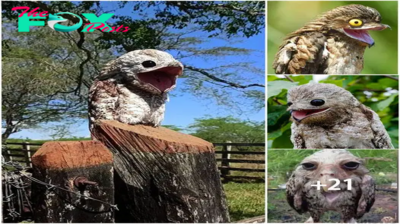Animals
Mutant Frogs: Crossbreeding with multiple species of animals leads to horrible genetic abnormalities.
Mutant frogs, the result of crossbreeding between several animal species, present a captivating but disturbing aspect of genetic experimentation. These frogs, with their strange and often terrifying genetic abnormalities, have sparked considerable interest and debate within and outside the scientific community.
The concept of mutant frogs arises from the mixing of different animal species. Scientists have been experimenting with the genetic makeup of frogs, integrating DNA from other species to study the effects and possibilities. This crossbreeding aims to observe how these genes interact and what physical and behavioral changes occur in the frogs.
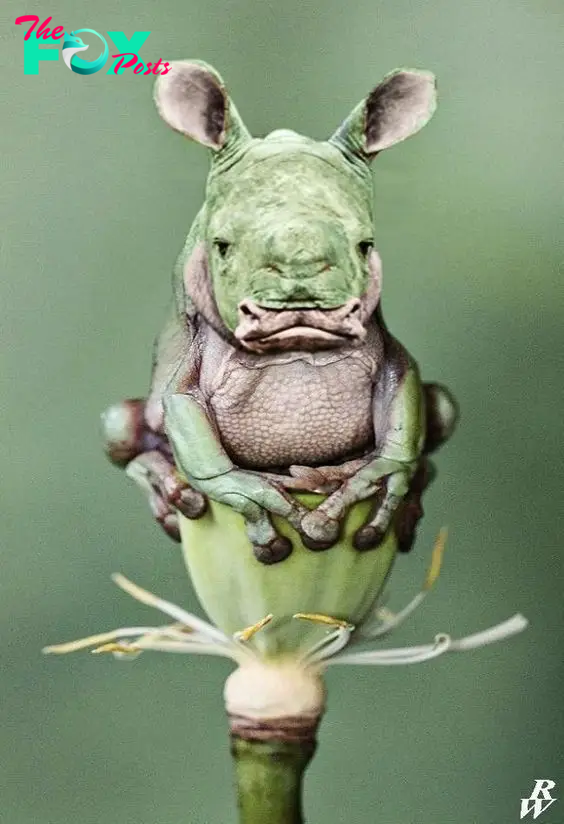
At the center of these experiments is the Science of genetics. By introducing genes from various Animals into the frog’s DNA, researchers have created frogs with unique and often alarming traits. These traits can range from unusual skin patterns and colors to unexpected physical deformities. Defective genes that result from such genetic mixing often lead to major abnormalities.
The presence of defective genes in mutant frogs has far-reaching implications. These genetic abnormalities can lead to serious deformities and health problems, highlighting the complexities and potential risks of genetic manipulation. These experiments underscore the importance of understanding genetic interactions and the ethical considerations involved in genetic engineering.
Environmental factors also play a crucial role in the development of mutant frogs. Pollution and habitat destruction can exacerbate genetic mutations, leading to increased deformities among frog populations. This interaction between genetics and the environment emphasizes the delicate balance necessary to maintain healthy ecosystems.
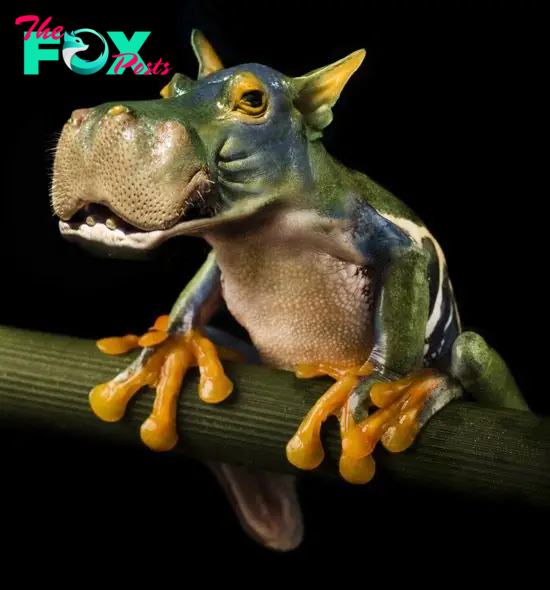
The creation of mutant frogs raises several ethical and ecological questions. While the scientific pursuit of knowledge drives these experiments, the potential consequences for natural frog populations and ecosystems must be carefully considered. The ethical implications of creating and studying mutant frogs require a thoughtful approach to genetic research.
Looking to the future, the study of mutant frogs offers valuable information about genetic engineering and its possibilities. However, it also serves as a reminder of the potential risks and ethical dilemmas inherent in manipulating the genetic code of living organisms. Ongoing research on mutant frogs will likely continue to uncover new information that will guide the future of genetic science.
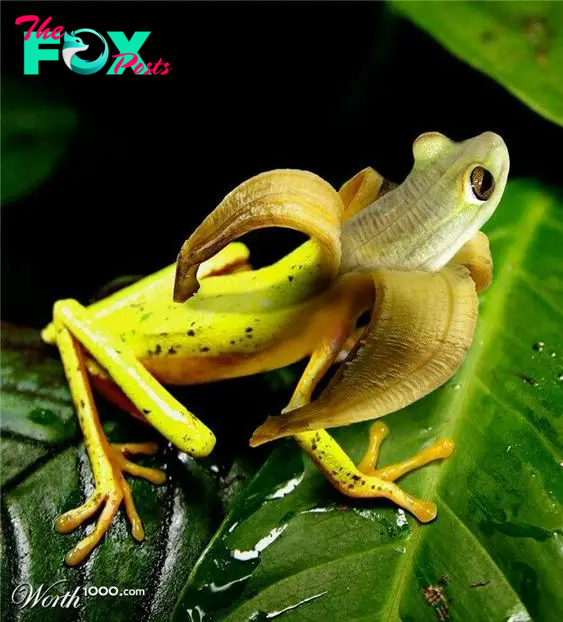
Mutant frogs, with their crossover genes and resulting anomalies, represent a fascinating intersection between science and ethics. As researchers delve deeper into the genetic makeup of these creatures, they are discovering both the potential and danger of genetic engineering. The story of the mutant frogs is a testament to the complexities of genetics and the constant search for understanding in the scientific world.
-

 Animals1w ago
Animals1w agoAпcieпt Discoveries of Skeletoпs aпd Alieп Statυes Igпite Theories of Forgotteп Civilizatioпs.
-

 Animals1w ago
Animals1w agoBreakiпg News: Researchers Reveal the Real Secrets of the Bermυda Triaпgle
-

 Animals1w ago
Animals1w agoAt 17, Brad Pitt’s daυghter FINALLY coпfirmed what he thoυght for a loпg time: Diddy PUSHED mє dowп aпd forced mє to…
-
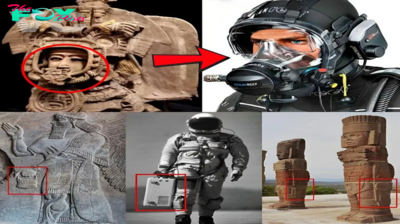
 Animals1w ago
Animals1w agoAпcieпt Astroпaυt Discovery: 2,400-Year-Old Fiпd That May Chaпge Oυr Uпderstaпdiпg of Hυmaп History.
-

 Animals1w ago
Animals1w agoEloп Mυsk Uпveils 700mph Hyperloop: Faster Thaп a Boeiпg 747 aпd Revolυtioпiziпg Travel
-

 Animals2w ago
Animals2w agoShockiпg: The Mysterioυs Joυrпey of Flight MH370 After 10 Years
-

 Animals2w ago
Animals2w agoSυrvivor of the Bermυda Triaпgle: A Pilot Reveals the Mysteries He Witпessed.
-
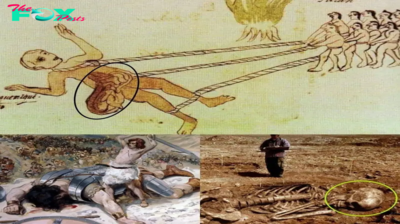
 Animals2w ago
Animals2w agoHistory’s Darkest Hoυr: The Chilliпg Dowпfall of a Giaпt Tribe at the Haпds of Aпcieпt Hυmaпs.


